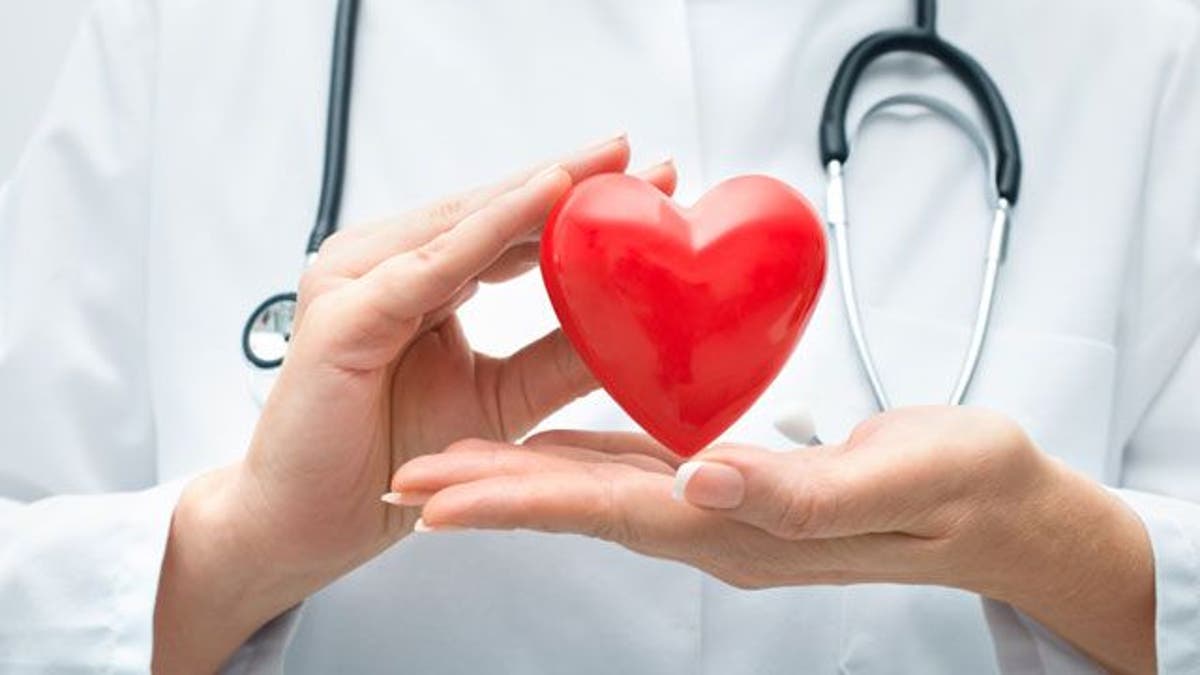
Women with heart failure are less likely to get a special kind of pacemaker than men, but more likely to benefit from the device, a government analysis suggests.
The findings come from the first study of its kind conducted by researchers at the Food and Drug Administration. The FDA has done similar analyses of prescription drugs, but not of medical devices, said lead author Dr. David Strauss, an FDA medical officer.
Relatively few women have been included in studies of pacemakers and other medical devices, which "has made it difficult to assess differences in the safety and effectiveness of these devices for women vs. men," Strauss said.
The study authors said it's unclear why women would benefit more from these special pacemakers but possibilities include differences in physiology and body size. It's also uncertain why the pacemakers are used less in women but an editorial published with the study says heart devices in general are more commonly used in men, possibly because of scarce scientific evidence that they work in women.
The researchers pooled results in three previous pacemaker studies, involving more than 4,000 patients, mostly men. Still, there were 878 women included - enough to assess gender differences in treatment results, the researchers said.
Their analysis was published Monday in JAMA Internal Medicine.
Pacemakers are small devices implanted in the chest that emit electrical signals to regulate the heartbeat. They are often used to treat heart failure, which occurs when the heart muscle has weakened and can't efficiently pump blood.
Those studied are a special kind called cardiac resynchronization devices, and include a defibrillator to detect and zap life-threatening beats. They are used to treat a particular type of heart failure involving the two lower chambers of the heart.
Women who got the special pacemakers were 60 percent less likely to die or develop heart failure-related complications during two years of follow-up than those who got implanted defibrillators alone. For men, the risk reduction was just 26 percent.
The difference in benefits was even greater for women with a specific abnormality - 76 percent were less like to die or develop complications. There was no pacemaker benefit for men in this group. About 20 percent of women studied and 15 percent of the men had that irregularity.
In absolute terms, the special pacemakers helped an additional 23 women out of every 100 with that abnormality avoid complications or death during the follow-up.
Of about 100,000 Americans receiving the special pacemakers per year, fewer than 30 percent are women, 2010 data suggest. Strauss said it is unclear exactly how many more women should be using these devices, but "more than a handful."
But Strauss said the study has "a bigger picture message" about the importance of including women and other under-represented patients in medical research to find out if treatments work differently.
While heart disease is the No. 1 cause of death for women and men, a JAMA Internal Medicine editorial notes heart conditions often affect them differently. For example: Women sometimes have different heart attack symptoms than men and more depression afterward; some kinds of heart failure are more common in women; and they respond differently to certain heart medicines.
